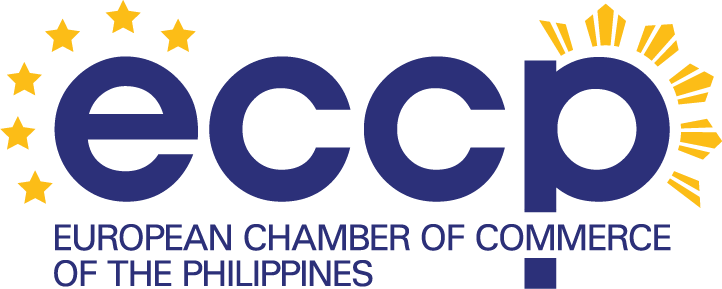
The Ultimate Privacy Impact Assessment (PIA) Guide: A Comprehensive Masterclass
This fully guided Privacy Impact Assessment (PIA) course is designed to equip you with the most up-to-date templates and guides for conducting PIAs, so you can confidently and accurately analyze data processing activities, identify risks and vulnerabilities, and recommend measures to mitigate those risks. Even if you are new to the world of PIA, our program is tailored to guide you through every step of the process with ease.
I. Introduction
- What is a Privacy Impact Assessment (PIA)
- Importance of Privacy Impact Assessments (PIAs)
- PIAs and their role in data privacy compliance
II. The Data Privacy Law: key concepts and principles
- Understanding Privacy Principles
- Data protection laws and regulations
- Lawful Processing of Personal Data
- The Life Cycle of Data
- Privacy Security Measures
III. Preparing for a PIA
- Identifying the project or system that requires a PIA
- Defining the scope of the PIA
- Identifying stakeholders and obtaining their input
- Planning the PIA process
IV. Conducting the PIA
- Defining the scope of the assessment
- Identifying the data flows and information assets
- Assessing the risks to privacy
- Identifying and evaluating mitigating measures
- Documenting and communicating the findings
V. Conducting a Privacy Risk Assessment
- Overview of the privacy risk assessment process
- Identifying personal data and processing activities
- Identifying potential privacy risks
- Evaluating the likelihood and severity of each risk
- Determining the impact of risks on individuals
- Identifying measures to mitigate the risks
VI. Implementing the PIA
- Developing a PIA report
- Implementing measures identified in the PIA report
- Monitoring compliance with measures
VII. Tools and Techniques
- Mapping data flows and identifying data assets
- Conducting interviews and surveys
- Using questionnaires and checklists
- Risk assessment methodologies
VIII. Case Studies and Best Practices
- Best Practice for Conducting a PIA
- Common pitfalls and mistakes to avoid
- Sharing Lessons Learned

